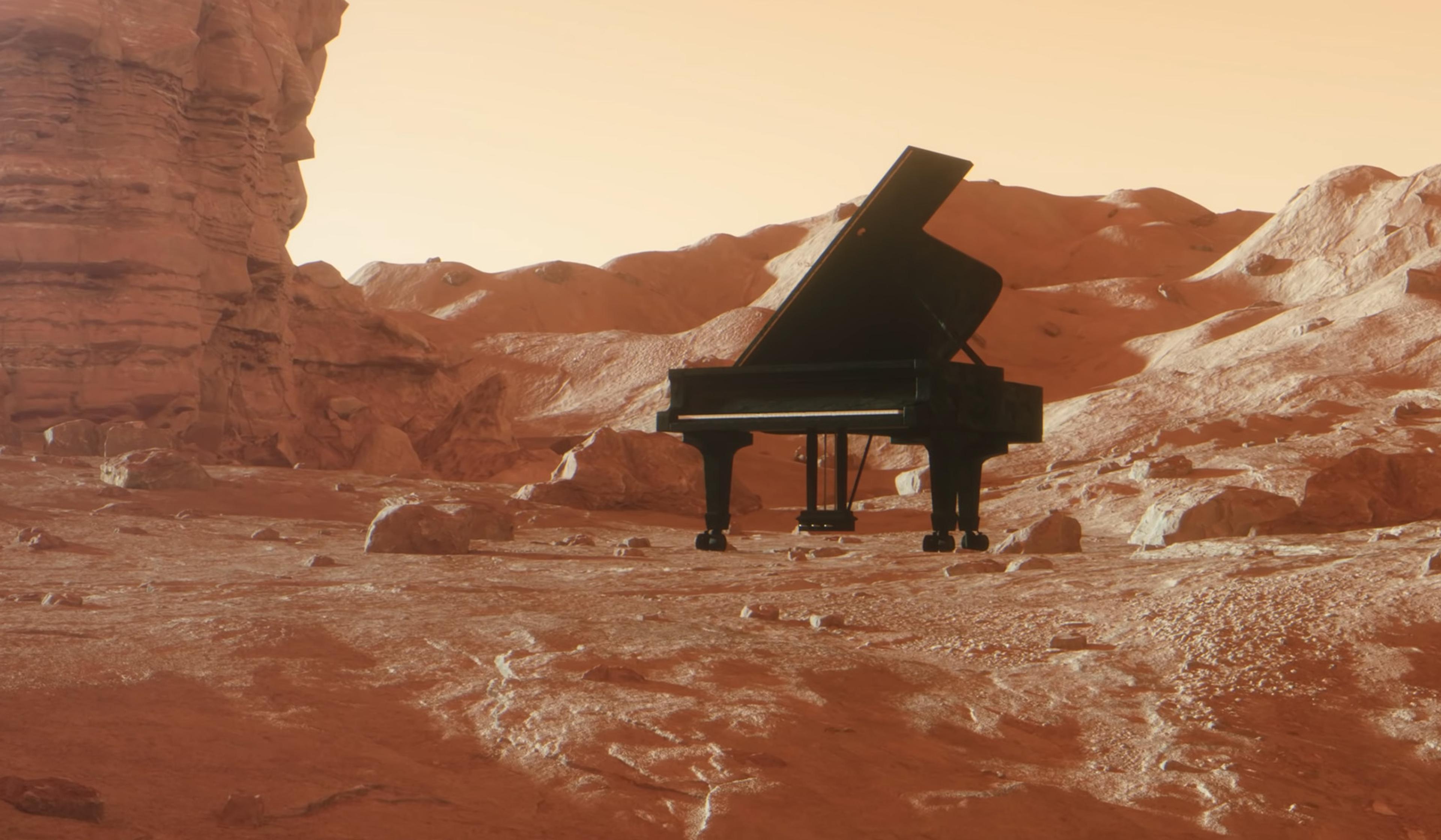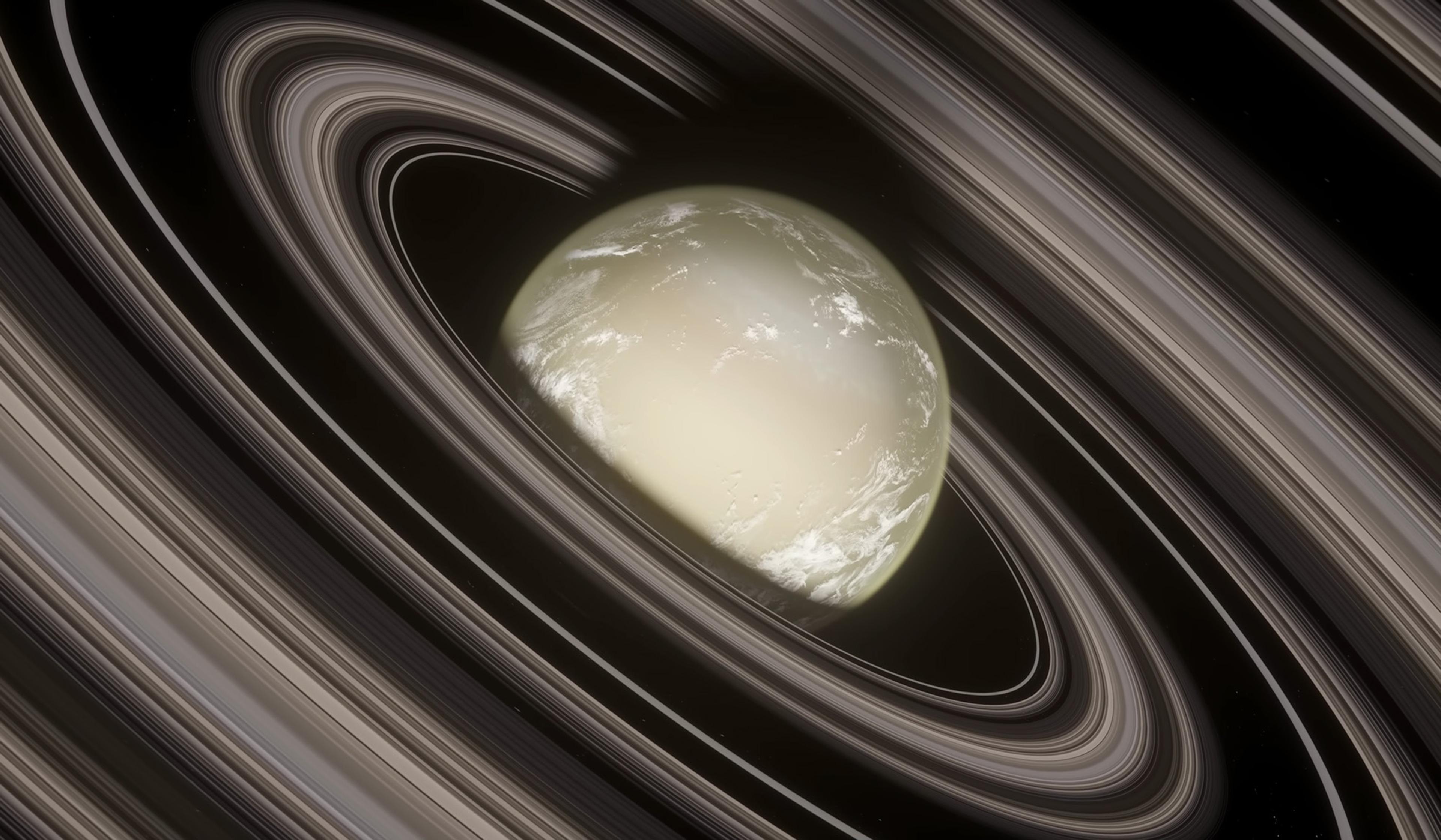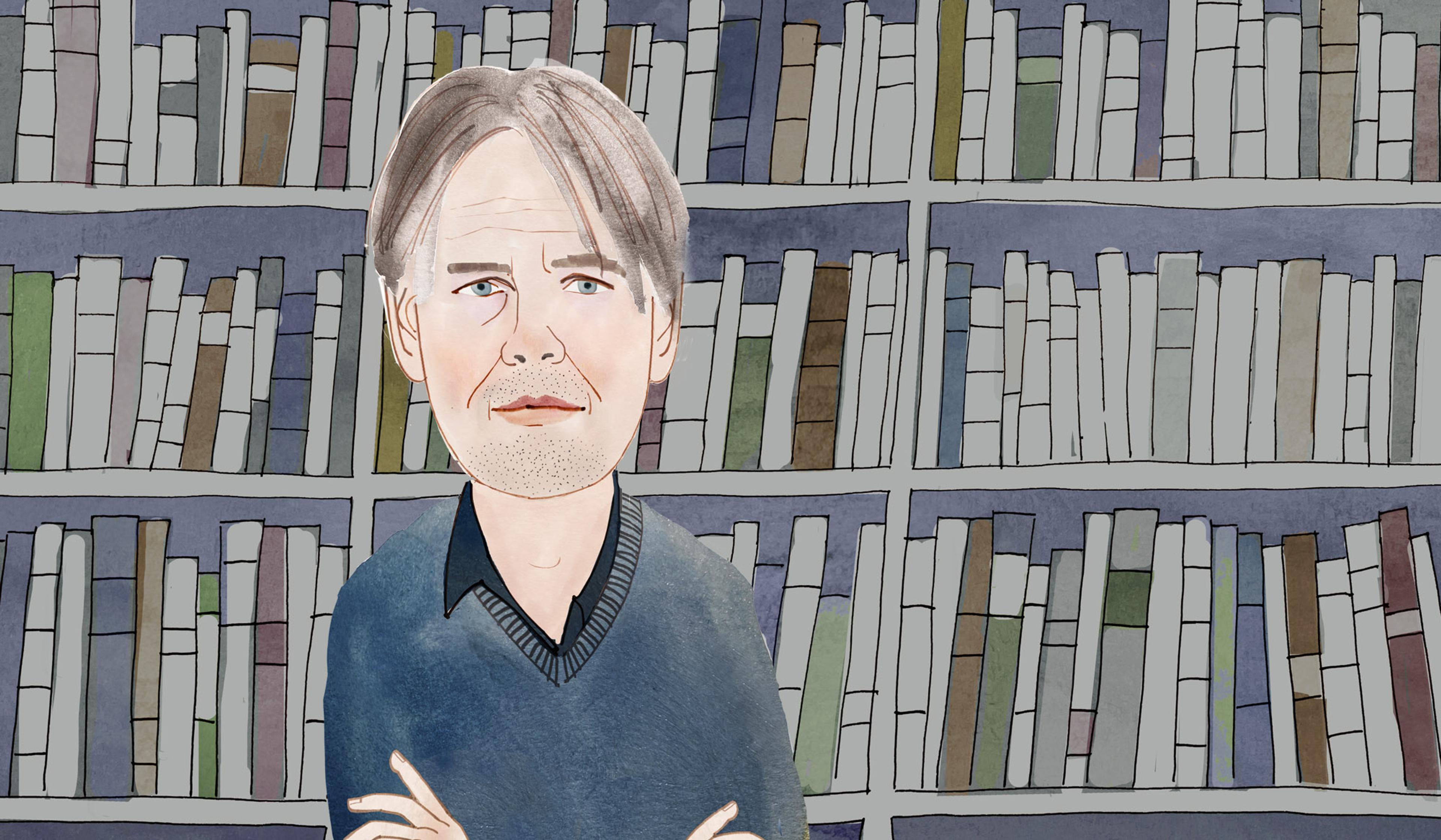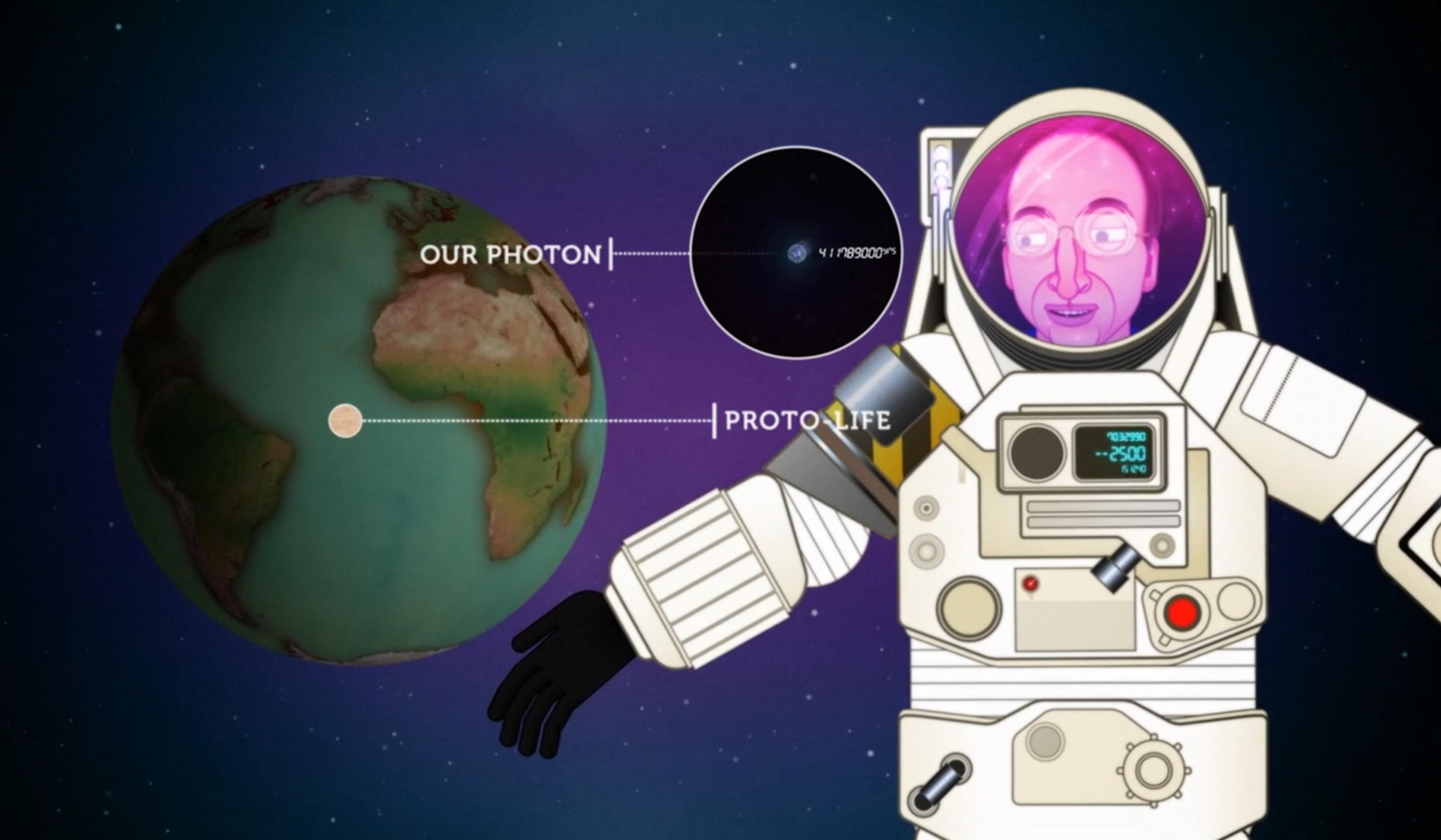‘The Universe becomes a cosmic boneyard, strewn with remnants of dead stars.’
This is the way the Universe ends, not with a bang, but with an unfathomably profound and gradual chill. Or, at least that’s one guess held by many scientists – but we don’t really know, and it’s entirely possible that we never will. This video from the US filmmaker and musician John Boswell starts in 2019 and plays out one theory of how everything – truly everything – will end. With the speed of the passage of time doubling every five seconds, inventive visual interpretations of cosmological phenomena, and narrated by science luminaries such as Stephen Hawking, Martin Rees and Janna Levin, the video guides us deep into a possible evolution of the Universe. Impressively translating theoretical physics and astronomically vast scales of time and space into 29 breathtaking minutes, Timelapse of the Future takes us all the way into the sublime of the unimaginable, with all the wonder and terror that might provoke.
Via Kottke








